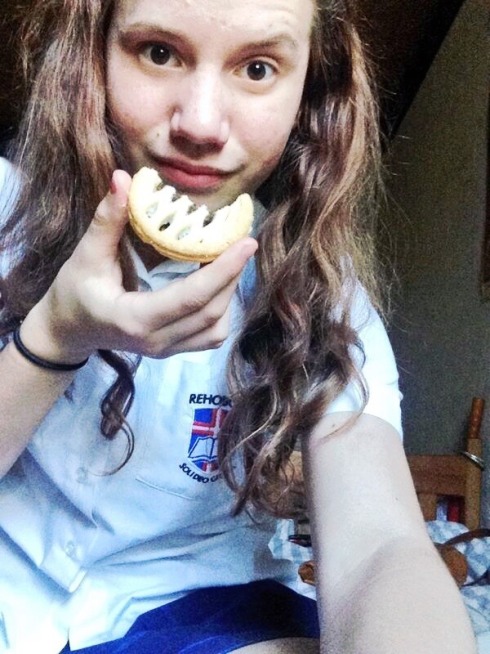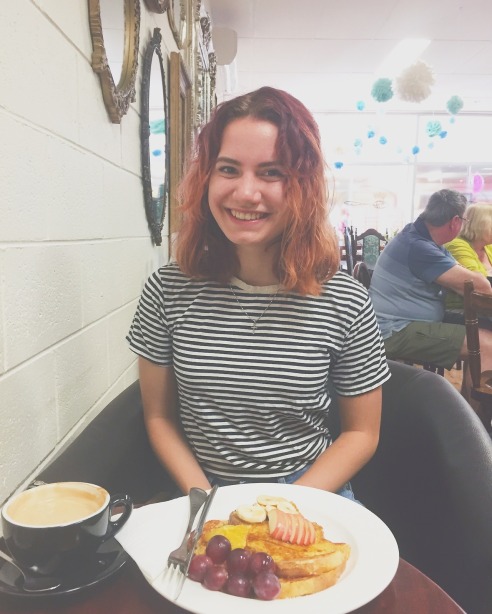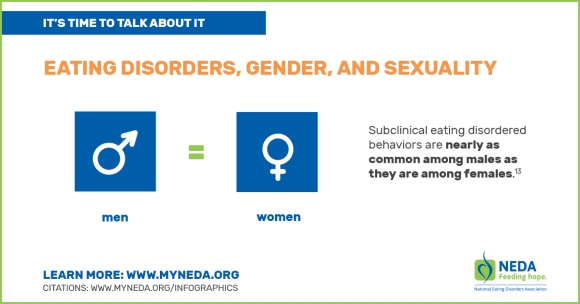I missed participating in NEDA week partially because it was also the week before my best friends wedding day, partially because my words are a bit tangled in the debris of actually recovering right now.
Despite my own lack of active participation, I watched as my social media feeds filled with the never-ending discussion of whether before and after recovery pictures were helpful and awareness post after awareness post.
The theme this year is let’s get real.
Let’s get real. Okay, I can do real.
I hate cliche. I don’t want my instagram full of comments about how strong I am, I am not #strongnotskinny. I don’t really know how to talk about my eating disorder in a way that feels safe and honest in a face to face context. I can share the idea of it in writing, but rarely the more intimate details.
I am not a poster child of anorexia. I’m not the collection of before and after images that the Daily Mail wants for their ‘shocking’ headlines.
I am not hashtag bodyposi. I don’t think I ever will be. The whole concept makes me a little sick and that’s not even my disorderbrain™ speaking. I am not sugar sweet mirror shots in a frilly bra and pants that show my stretch marks. If you are, I don’t mind, I don’t particularly care. You do you, whatever helps.
///
My diagnosis seems to switch endlessly between atypical anorexia and just plain old teen movie trope anorexia nervosa. Sometimes it makes me feel powerful, but more often I feel pathetic and a nuisance to those that surround me.
I also find myself placed in the delightful “Eating Disorder; adult” category. Where I live, there isn’t a whole lot of support available once you’re over 18 in the public system. This category is where they put the ones they don’t really know what to do with until you collapse and your heart starts to fail.
There is room in the media for me as a sixteen-year-old skipping lunch and collapsing during cross country. I was an interesting plot line, in need of saving but in a kind of romantically tragic way.
There isn’t room for me as an adult.
I find my diagnosis stamped across every corner of my adult life. As a teenager, my eating disorder was a bit of a quirk. In my class there were a few of us, as far as I can tell, most of us grew out of it, either through adolescent treatment programs or just growing up and embracing life (to put it very simply).
I am the significantly less fun 21-year-old who just didn’t seem to get over it.
///

It screws up your life. It consumes every waking and sleeping moment.
(In high school, I had nightmares where I would binge for hours, I’d wake up convinced it had happened, that I would balloon, that I would never be small again.)
Let’s get real. Okay.
I’m 21, and I feel as if I am wrapped in cotton wool. My friends grew up and I am forever an annoying teenager.
It makes me a child.
I kick off about what I will and won’t eat. I sit cross-legged on my kitchen floor having a cry while my pasta boils.
My friends check up on me, follow me to the bathroom on nights out.
I need to nap during the day. Like a baby. I often don’t, I haven’t got time, but my mind melts around midday.
///
I’ve never been hospitalised for my eating disorder. I probably never will be. I don’t have the money or time or the body type. I balance on a tightrope of not sick enough to be taken seriously, not well enough to be okay.
I’m kind of sick of it.
I’m kind of bored.
Sometimes I trick myself into believing for a moment that this is a game I carried on for too long. That I can put down my kit, untie my runners, let my hair loose and breathe deeply.
I can’t. I want to, but I can’t. (If I undo my hair handfuls of it float to my bathroom floor, collect in the corners, twist around my drain and fingers and toes, attach to my clothes)
I am forever angry that I have entered my twenties with my pockets full of uneaten food, dark circles under my eyes, bile stained teeth, childish fear, kicking off and body checking in bars.
///

Let’s get real. I am privileged to be a white girl who got sick when she was already small. Though now my body might not be the perfect picture of a headlining anorexic, I am at least sometimes seen and taken seriously. Our system of treatment is broken, but they did let me in for a while. I got an outpatient clinic place for a time (until I was too unwell, high risk, my list of comorbidities became too long).
I am not the only type of person to get sick.
My bleach blonde, insecure, contraband-makeup-in-the-school-bathroom, sixteen-year-old peers are not the only ones who get sick.
My dance and gymnastics training and private school education were not the reason I got sick.
Eating disorders don’t pick their victims based on stereotype. They don’t only go for upper-middle-class teenage girls who do ballet or cheerleading with cutouts of the Olsen twins around their mirrors.
They don’t present based on x number of symptoms listed in the DSM-V, and I don’t even mean this to bash the APA. The DSM is a tool, professional diagnosis is important, guidelines are important. I just mean I shouldn’t only be taken seriously when I am so unwell that my whole life has been entirely consumed, when I live of apple skins and black coffee, or when my BMI is closer to single digits than double.
Just because we see the girls with feeding tubes and more bone than body does not mean they are the only ones with eating disorders.
This isn’t a middle-class white girl disease. I’m not doing this because I read too many magazines and saw too many diet ads. Eating disorders don’t really care about your gender identity or socioeconomic status.
Getting real about eating disorders, at least as far as I am concerned, needs to be less about headlines and shock value and more about representation. Not because a diagnosis is a badge of honour but because supported recovery should be available regardless of weight or race or gender or income.
Perhaps ballet and the pressures of private school contributed. I can place blame on childhood abuse, maybe on chemical imbalances, an unfortunate compilation of nature and nurture.
But do not tell me I am sick because of Victoria’s Secret or because I didn’t get enough attention in school. Don’t tell me it’s because I was a silly teenage girl with semi-wealthy parents and an obsession with Teen Vogue. (I have never opened a copy of Teen Vogue, that sort of media was banned in my household.)
Don’t invalidate my sickness because I fit some stereotypes. Don’t tell me I am shallow or vapid or self-obsessed. Don’t ignore my illness because I’m too old or too heavy or too smart.
Don’t invalidate the illnesses of those with less attractive disorders.OSFED, Binge Eating Disorder, Atypical Eating Disorders and Bulimia exist and are just as terrifying, just as dangerous, just as consuming.

Don’t invalidate the individuals who got sick while they were at a higher weight.
Don’t ignore the voices of those who don’t look like what we are told sick looks likes.
///
For me, getting real about eating disorders means acknowledging their unavoidable reign of destruction. It means destroying the idea that anorexia is the only diagnosis, that they are not an illness that affects only vapid sixteen-year-old girls, that sickness looks a certain way. It means representing those who have not previously been represented with the goal of making treatment more diverse and accessible.
I am here for getting real about eating disorders. I am here for the reality of messy, ugly, so not instagramable recovery, and I hope this reality check extends beyond NEDA week alone.
All my love, B.
More information about NEDA /// NEDA is an American organisation, therefore their support services are US based. I chose to participate in NEDA week despite living in Australia because participation tends to spread beyond the US.
Regardless of where you live, the website is still a great resource. A similar, Australian based support service is The Butterfly Foundation. The provide a variety of services, including face to face treatment and groups in some states, and Australian helpline, and globally accessible online groups.

2 replies on “Let’s Get Real//late thoughts on NEDA week 2018”
Very meaningful and eloquent, as usual
LikeLike
Thank you!
LikeLike